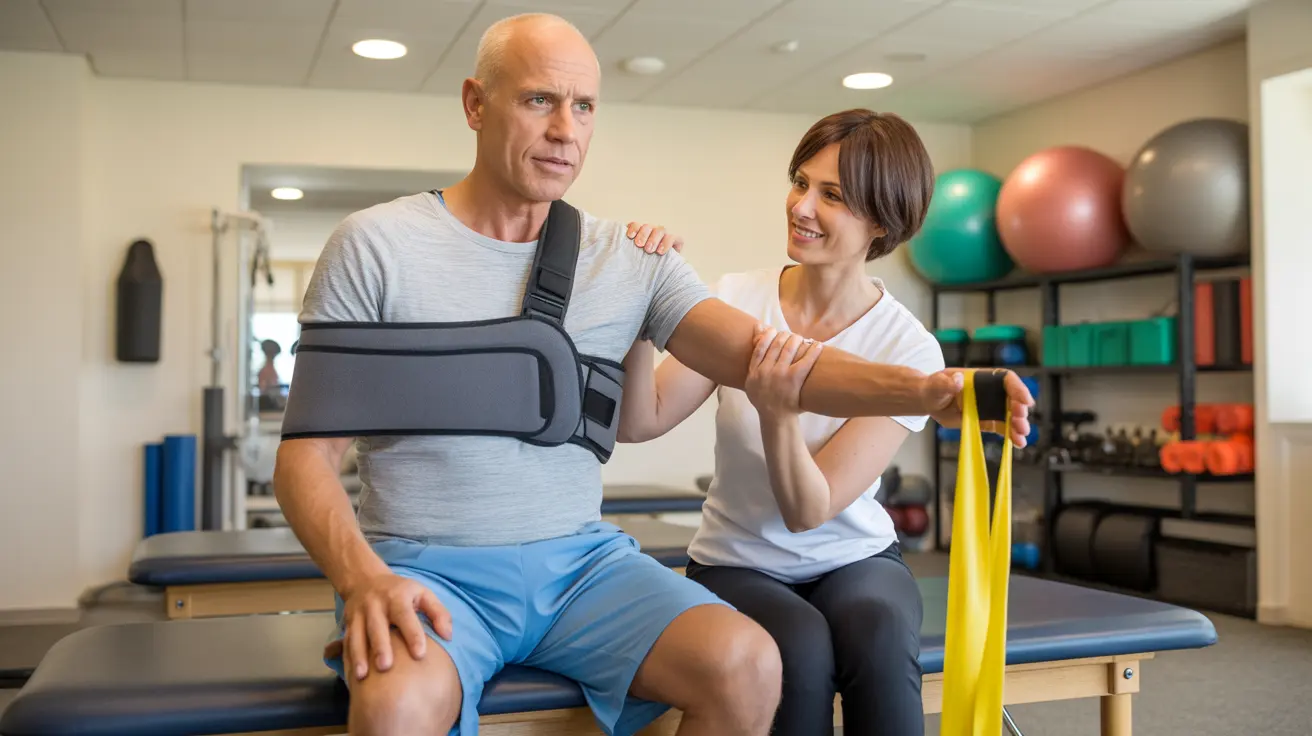Undergoing shoulder surgery is a significant step in treating various shoulder conditions, from rotator cuff injuries to joint replacements. Understanding what lies ahead in your recovery journey is crucial for achieving optimal healing and returning to your normal activities. This comprehensive guide will walk you through the recovery timeline, pain management, physical therapy, and essential precautions.
Initial Recovery Period: The First Few Weeks
The immediate post-operative period is critical for proper healing. During the first few weeks, you'll experience some discomfort and limited mobility as your shoulder begins to heal. Pain management typically involves prescribed medications, ice therapy, and strict adherence to your surgeon's post-operative care instructions.
Managing Pain and Discomfort
Most patients experience moderate to significant pain in the first few days after surgery. Your medical team will provide appropriate pain medication and specific instructions for:
- Using ice packs to reduce swelling
- Proper positioning while sleeping
- Basic shoulder immobilization techniques
- Taking prescribed medications on schedule
Wearing Your Sling
A shoulder sling is essential for protecting your surgical site and promoting proper healing. Depending on your specific procedure, you may need to wear the sling for 2-6 weeks. Your surgeon will provide detailed instructions about when and how you can gradually decrease sling use.
Physical Therapy and Rehabilitation
Physical therapy plays a crucial role in shoulder surgery recovery. Your rehabilitation program will be tailored to your specific procedure and individual needs.
Early Phase Exercises
Initial physical therapy typically begins within the first few weeks post-surgery, focusing on:
- Gentle passive range of motion exercises
- Pendulum exercises
- Finger, wrist, and elbow movements to maintain circulation
- Posture awareness and proper positioning
Progressive Rehabilitation
As healing progresses, your physical therapy will advance to include:
- Active-assisted range of motion exercises
- Strengthening exercises
- Stretching routines
- Functional training for daily activities
Timeline for Different Shoulder Procedures
Recovery times vary significantly depending on the type of surgery performed:
Rotator Cuff Repair
Full recovery typically takes 4-6 months, with most patients returning to normal activities by 6 months post-surgery.
Shoulder Replacement
Complete recovery may take 6-12 months, with gradual improvements in strength and mobility throughout this period.
Preventing Re-Injury During Recovery
Protecting your shoulder during recovery is essential for long-term success. Key precautions include:
- Avoiding lifting heavy objects
- Not reaching behind your back
- Preventing sudden or jerking movements
- Following activity restrictions as advised by your healthcare team
Frequently Asked Questions
What pain and movement limitations should I expect immediately after shoulder surgery? Expect moderate to severe pain for the first few days, gradually improving over weeks. Movement will be significantly limited, and you'll need assistance with daily activities. Most patients can't lift their arm away from their body without help for several weeks.
How long will I need to wear a sling and be immobilized after my shoulder surgery? Sling wear typically ranges from 2-6 weeks, depending on your specific procedure. Your surgeon will provide a precise timeline based on your surgery type and healing progress.
When does physical therapy typically begin after shoulder surgery, and what exercises will it include? Physical therapy usually starts within the first few weeks post-surgery. Initial exercises focus on gentle passive movements, progressing to active exercises as healing permits. Your program will be customized to your specific surgery and recovery needs.
How long does full recovery usually take after different types of shoulder surgery like rotator cuff repair or shoulder replacement? Recovery times vary: rotator cuff repairs typically take 4-6 months for full recovery, while shoulder replacements may require 6-12 months. Individual healing rates and compliance with rehabilitation protocols affect recovery time.
What activities or movements should I avoid to prevent re-injury during shoulder surgery recovery? Avoid lifting heavy objects, reaching behind your back, making sudden movements, or participating in contact sports. Your surgeon will provide specific restrictions based on your procedure and healing progress.




